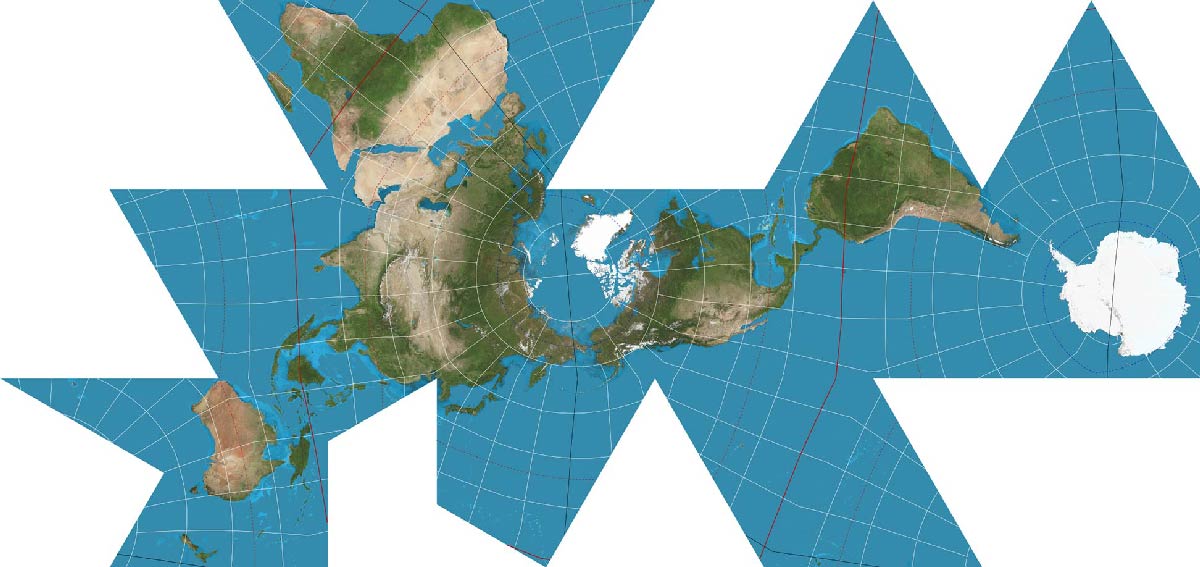- Docente: OLIVIERO FRATTOLILLO

The course focuses on the most important aspects that security has assumed in the international system since the end of the Second World War. In adopting a historical approach, it intends to offer the students a general survey and understanding of a process that becomes the effect and the producer of frames of political action. The end of the Second World War has been selected as the starting point of analysis, first because it marked the beginning of the era of security studies in the United States and the Western world. As field of studies security studies developed after the failure of the attempt made at that time to establish an effective collective security within the United Nations. That failure coincided with the beginning of the nuclear era and the Cold War. To the time period of bipolar confrontation is devoted a good deal of the course with the related dynamics concerning nuclear deterrence and proliferation. Despite the end of the Cold War, the security discourse is still looming large in the contemporary international system, not only for the growing risk of nuclear proliferation, but also for the so-called securitization process concerning many international issues, like environment, migration and access to resources. The course, therefore, aims at helping the students historicize the notion of international security and familiarize with the main components of the contemporary international security agenda.
First week:
Course introduction; the evolution of the concept of security; the Second World War as a starting point of analysis; the gradual failure of collective security. Reading: Baldwin’s article
Second week:
The beginning of the nuclear arms race; Eisenhower and nuclear deterrence; RAND and the central role of strategic studies
Third week:
Kennedy and a new strategic doctrine; the gradual setting up of a nuclear order; the importance of arms control for international security. Readings: McGwire’s and Ritchie’s articles
Fourth week:
The 1970s and the technological developments affecting the security discourse; Nuclear proliferation; European security and the importance of human rights; the evolution of security studies
Fifth week:
Arms control in the 1980s and the end of the Cold War; the emergence of human security; the post-Cold War era and its challenges to international security. Readings: chaps. 5, 16, 18 of The Handbook of global security policy and Excerpts of the Human Development Report 1994, Published for the United Nations Development Programme
Sixth week:
The securitization process; the importance of digital technology in the evolution of the security discourse; cyber-security and deterrence dynamics. Readings: chap. 10 of The Handbook of global security policy; M. Williams’ article; article by Madeline Carr and F. Lesniewska; Leuprecht’s, Szeman’s and Skillicorn’s article.
Please, note that between the first three weeks and the following last three weeks of the course there will be a week of break.
Lectures, library work, critical in class discussion of the assigned readings, presentation, guest lectures and, when possible, projections
Attendance is mandatory for all classes. If a student misses more than three classes, 2 percentage points will be deducted from the final grade for every additional absence. Any exams, tests, presentations, or other work missed due to student’s absences can only be rescheduled in cases of documented medical or family emergencies.
Attendance and participation to class discussions (25%); mid-term written test (25%); in class oral presentation (20%); final paper (30%). The class discussions concentrate on the essays listed in the second section of the required readings. Access to this material can be obtained mostly through the online subscriptions of our university; when this is not the case, the related pdf will be provided to the students at the beginning of the course. During the course students will be able to figure out how to pick a topic for the research paper each of them is required to write and to present to their colleagues
First week:
Course introduction; the evolution of the concept of security; the Second World War as a starting point of analysis; the gradual failure of collective security. Reading: Baldwin’s article
Second week:
The beginning of the nuclear arms race; Eisenhower and nuclear deterrence; RAND and the central role of strategic studies
Third week:
Kennedy and a new strategic doctrine; the gradual setting up of a nuclear order; the importance of arms control for international security. Readings: McGwire’s and Ritchie’s articles
Fourth week:
The 1970s and the technological developments affecting the security discourse; Nuclear proliferation; European security and the importance of human rights; the evolution of security studies
Fifth week:
Arms control in the 1980s and the end of the Cold War; the emergence of human security; the post-Cold War era and its challenges to international security. Readings: chaps. 5, 16, 18 of The Handbook of global security policy and Excerpts of the Human Development Report 1994, Published for the United Nations Development Programme
Sixth week:
The securitization process; the importance of digital technology in the evolution of the security discourse; cyber-security and deterrence dynamics. Readings: chap. 10 of The Handbook of global security policy; M. Williams’ article; article by Madeline Carr and F. Lesniewska; Leuprecht’s, Szeman’s and Skillicorn’s article.
Please, note that between the first three weeks and the following last three weeks of the course there will be a week of break.
Lectures, library work, critical in class discussion of the assigned readings, presentation, guest lectures and, when possible, projections
Attendance is mandatory for all classes. If a student misses more than three classes, 2 percentage points will be deducted from the final grade for every additional absence. Any exams, tests, presentations, or other work missed due to student’s absences can only be rescheduled in cases of documented medical or family emergencies.
Attendance and participation to class discussions (25%); mid-term written test (25%); in class oral presentation (20%); final paper (30%). The class discussions concentrate on the essays listed in the second section of the required readings. Access to this material can be obtained mostly through the online subscriptions of our university; when this is not the case, the related pdf will be provided to the students at the beginning of the course. During the course students will be able to figure out how to pick a topic for the research paper each of them is required to write and to present to their colleagues
- Docente: Marilena Gala

The course is based on the systematic analysis of the classic works and theories of antique, modern and contemporary political philosophy, throughout a gender perspective. That is to say of those works and theories in which great thinkers have revealed to us their thought about the political and social life of women. Beside this, the course will introduce the major modern and contemporary feminists, those thinkers, women and men dealing with the private and public role of women. The aim of the course is to fill a gap in our knowledge about history of political thought and to comprehend the assumptions behind deeply rooted modes of thought that continue to affect women’s lives in major ways.
- Docente: Roberta Adelaide Modugno
- Docente: FLAVIO SILVESTRINI
- Docente: Leopoldo Nuti